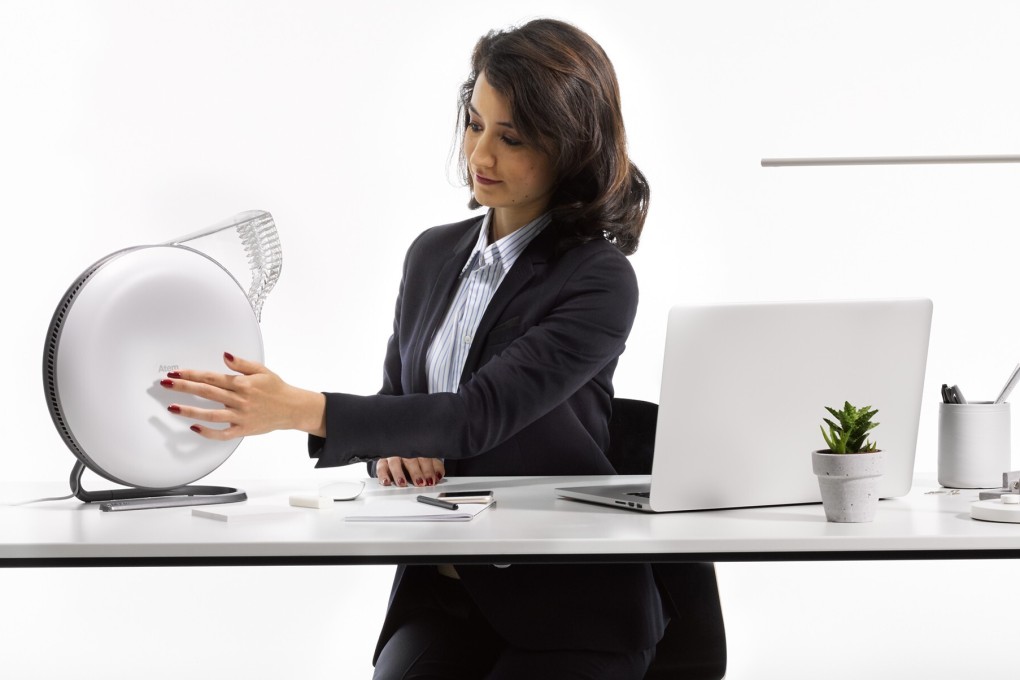Air purifiers won’t protect against coronavirus, experts say, as makers report surge in sales
- Air purifiers do little to prevent Covid-19 as the coronavirus is transmitted through respiratory droplets and not the air, experts say
- Commercial air purifiers focus on pollutants and have no removal requirements for pathogens, one specialist says

While many businesses have been hit hard from the fallout of the coronavirus outbreak, makers of air purifiers have seen a surge in sales.
But experts say there is no evidence the devices protect against the new virus which, according to the World Health Organisation, is transmitted through respiratory droplets and not through the air.
Hong Kong-based immunology and allergy specialist Adrian Wu Young-yuen is one such expert who believes air purifiers won’t help fight the coronavirus.
“Just having the filter is not enough. Transmission of the novel coronavirus is through droplets deposited on surfaces. Air purifiers will not help as they are mainly used to prevent airborne infections such as tuberculosis,” he said.
Guo Xiaoyun, a respiratory medicine specialist at a hospital in China’s Jiangxi province, said there is no direct proof to show household air purifiers can prevent the coronavirus.
“Commercial air purifiers are mainly suitable for removing one or more pollutants from the air. But in the product standards, there is no [removal rate] requirement for pathogens or other pathogenic microorganisms. So air purifiers might not be able to filter out the viruses.”